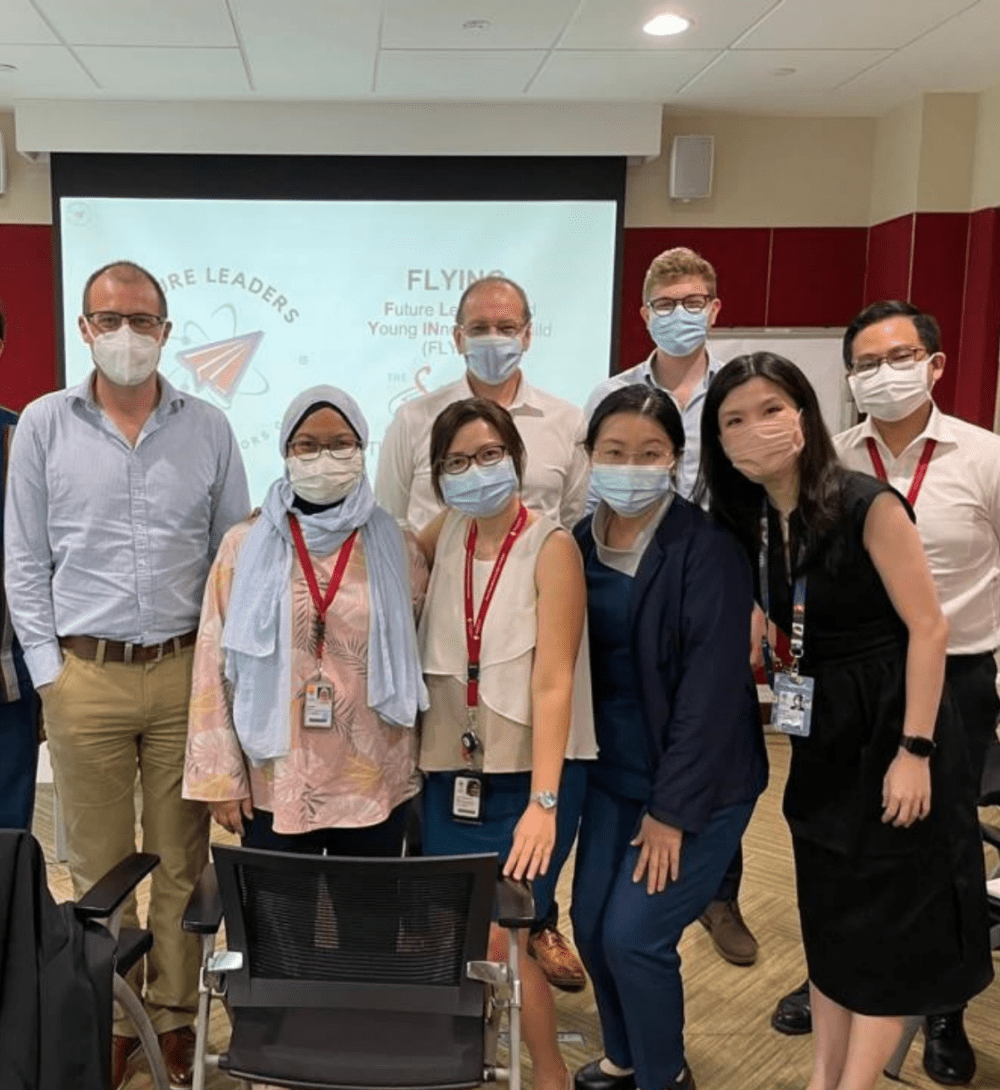
How can leaders best re-evaluate and re-align organisational performance in healthcare to be sustainable, efficient and fit for the ever-changing demands of future services, beyond effective crisis management?
The past two years have subjected healthcare systems to enormous operational pressures, with staff, leaders and patients bearing the greatest weight in an attempt to balance crisis management with consistent delivery of healthcare services. While they have performed exceptionally to respond to the ever-increasing demand in their communities, it’s no doubt that healthcare professionals now need to pause, reflect and make integrated decisions about redirecting energy from crisis mode to creating a health system that is both strategic and outcome-focused.
Head of Australia, Lyndal Hughes, and Senior Consultant, Charlie Penny, recently featured in an article by Hospital + Healthcare to share their perspective on how leaders can organise and optimise for higher organisational performance in healthcare.
![]() Reflection and alignment require both art and science. Science is the evidence and data: looking at employee surveys, financial bottom lines, patient data and efficiencies with clear hypotheses and an analytical precision. Bringing this together against the vision and strategy, to make new decisions. Art is the judgment and wisdom that leaders bring to the room. Data mustn’t drive decisions. It can only inform. The lived experience of leaders and their teams allows for meaning, prediction and ultimately compassion.
Reflection and alignment require both art and science. Science is the evidence and data: looking at employee surveys, financial bottom lines, patient data and efficiencies with clear hypotheses and an analytical precision. Bringing this together against the vision and strategy, to make new decisions. Art is the judgment and wisdom that leaders bring to the room. Data mustn’t drive decisions. It can only inform. The lived experience of leaders and their teams allows for meaning, prediction and ultimately compassion.
Consider how your service model needs to be reconfigured for the future, incorporating recent learnings. For example, ensure that the advances made in digital health become embedded in business as usual.
Get all your data together. Don’t go fishing — you may catch something that throws you off course. Develop hypotheses to frame data analytics, such as hypotheses formed from human experience (your team, the patients, community). Look for fresh insights. If the analytics are only reconfirming what you already know, then perhaps you are not asking the right questions of the data.
Consider questions such as:
The art of thinking, sensing and understanding people is critical to re-establishing organisational health in the healthcare sector. But where to start? Start at both ends of the hierarchy. Leaders need to start by forcing a practice of reflection. This involves stepping back and looking through the lens of our people to understand how we can best develop future leaders, as well as listen and actively respond to the needs of front-line staff. This alone will ensure the long-term health of our health systems and the people who work within them.
But take care not to fall into the mind trap of ‘rightness’. In the words of Jennifer Garvey Berger, rightness occurs when our instinct to believe that we are right closes us off to the ways that we are wrong. Health care is filled with examples of leaders believing in the certainty of their own views even as complexity grows.
Australian Hospital + Healthcare Bulletin is an online and print publication that provides hospital, health and aged care professionals with an easy-to-use, readily available source of information, crucial to gaining valuable industry insights in healthcare, such as organisational performance.
